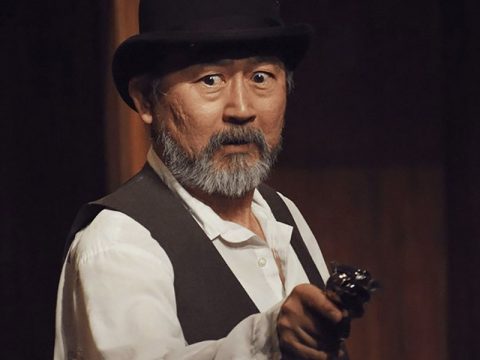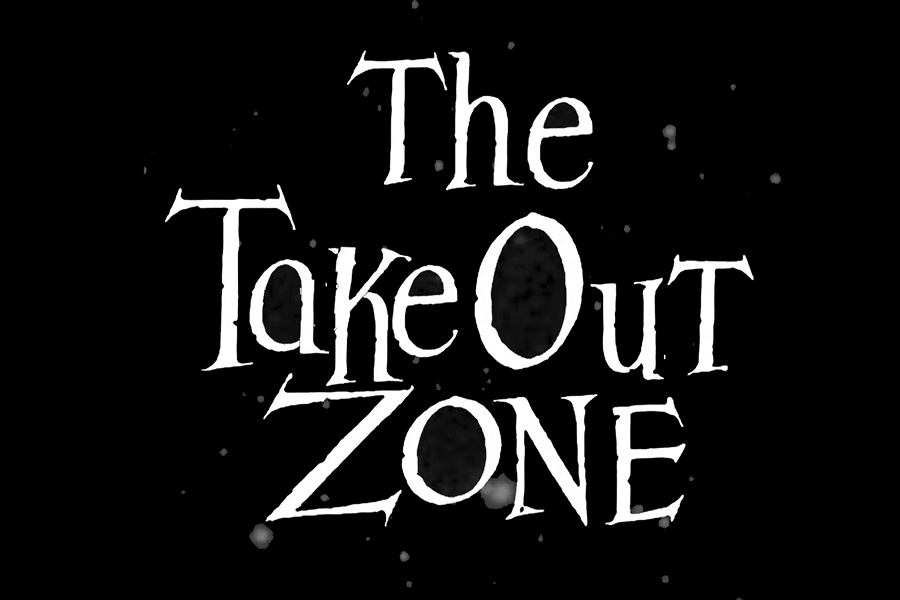
The Curious Incident of the Dog in the Night-Time, presented by Center Theatre Group, chronicles a magical and poignant journey of discovery by a young boy named Christopher. The Tony Award-winning play runs August 2 through September 10 at The Ahmanson Theatre
Adapted from Mark Haddon’s best-selling novel and written by Simon Stephens, The Curious Incident of the Dog in the Night-Time is directed by Tony winner, Marianne Elliott,
The play opens at night-time. Christopher Boone (Adam Langdon), has found his neighbor’s dog, Wellington, lying dead with a pitchfork sticking out of his side. When Mrs. Shear, who owns the dog, discovers Christopher sitting next to Wellington she believes he killed her pet.
Christopher decides to find out who killed the dog. As the story progresses he discovers so much more, just as we learn more about him. Christopher is a remarkable 15-year-old boy. He’s intelligent, very good at math and he possesses a fascination for the universe. He also has what he calls “behavioral difficulties.” But to Christopher, they are a function of his relationships with people. And people always share responsibility for these difficulties.
The setting was sparse with just the actors on stage most often. However, huge walls surrounding the stage made the setting as an open box, facing the audience. These partitions came alive through Christopher’s journey including lights, representations of the universe, math formula’s and words and phrases written out illustrating Christopher’s own brand of reasoning.
Siobhan (Maria Elena Ramirez), Christopher’s teacher narrates his story. She reads aloud from his notebook which is a journal account of his investigation into Wellington’s death. The journal will become a book that Christopher writes himself. And it serves as a catalyst for him to then wonder if writing that book means he can do anything.
Langdon played Christopher wonderfully. He captures his unique differences and immerses us in the inner workings of his mind. On the surface, Christopher is dispassionate, logical and lacks empathy. We learn quickly that he is different in this sense. And these traits provide much comedy and lighter notes in the story. For instance, when his father tells him his mother had a heart attack, Christopher dryly asks with the curiosity of a medical professional, “What kind of heart attack?”
Christopher’s father Ed (Gene Gillette), on the other hand, is the emotional backbone of this story. He deals with Christopher completely from love. But his struggles as a single father, with his wife newly absent, are tangible. Christopher does not allow anyone to touch him. It’s not until physical contact nearly happens that we see Christopher become panic-stricken and begin screaming.
Early on we see the solution to this. When Ed, moves toward Christopher, we think to hug him, the two instead reach out to bring the face of their fingertips together. This is painful yet loving at once to witness.
Ed worries about Christopher and can become frustrated with his son’s behavior. He demands Christopher stop with his investigation of Wellington’s demise. But the boy will not back down. This is where his journey takes off in ways that will change his life. He makes huge discoveries about both his mother and himself.
In a thrilling scene in Christopher’s journey, executed by only lights and sound, the stage transformed into a moving train. On board the London bound locomotive, with Christopher, we are driven to learn about his mother. A tunnel immerses us replete with wobbly motion, lights flickering and the rumbling sound of iron rolling across the rails.
The special effects of Christopher’s travel’s coupled with his adventuring to the city solo intensified this performance experience. Hearts collectively beat during this harrowing journey. Christopher manages and overcomes the social fears and limitations of his condition, He escapes police, and nearly gets hit by a train.
We are wholly on this journey with Christopher and family as he embarks on a road of self-discovery. Playwright, Simon Stephens summed up the production by noting he hopes audiences are reminded that the novel is about difference, not disability. This is where the story comes alive. It creates space for audiences to see those differences through both the protagonist’s perspective and those of the supporting characters.











